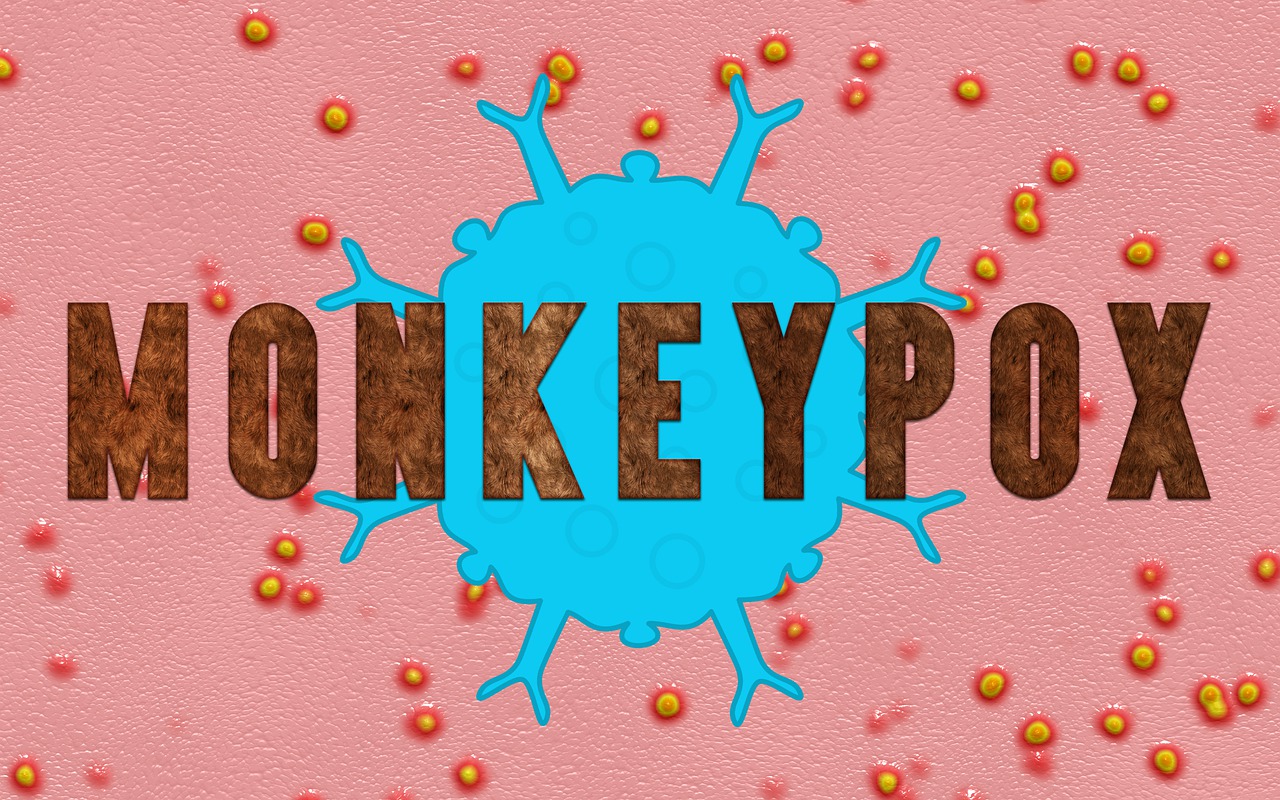Monkeypox Symptoms in Humans – In a world where health concerns are ever-present, the emergence of infectious diseases can often send shivers down our spines. Monkeypox, a rare but potential threat, has recently made its way into the spotlight. Beyond the clinical aspects, let’s delve into the emotional side of dealing with Monkeypox symptoms in humans.
The Start of the Journey: Initial Symptoms
When Monkeypox decides to make an unwelcome appearance, it often starts with mild flu-like symptoms. These include fever, headache, muscle aches, and fatigue. At this point, emotions may range from confusion to worry, as these symptoms can mimic common illnesses.
The Telltale Signs: Skin Lesions
As the virus progresses, one of the most distinctive signs of Monkeypox becomes apparent – skin lesions. These painful, pustular rashes can cover various parts of the body, making individuals feel self-conscious and anxious. The emotional toll of visible symptoms cannot be underestimated.
Navigating Discomfort: Painful Lymph Nodes
Another emotional challenge that Monkeypox presents is the enlargement of lymph nodes. This can cause discomfort, both physically and emotionally. The fear of the unknown, coupled with physical pain, can lead to anxiety and distress.
Coping with Isolation: Quarantine and Social Distancing
In cases of Monkeypox, isolation is key to preventing its spread. Being separated from loved ones and society can be emotionally taxing. Feelings of loneliness and frustration may set in as individuals grapple with this necessary but difficult step in their journey towards recovery.
Anxiety Over Complications: Respiratory Symptoms
Monkeypox can sometimes take a severe turn, leading to respiratory symptoms. Shortness of breath and chest pain can trigger panic and anxiety. The emotional rollercoaster intensifies as individuals worry about their overall health and well-being.
Finding Strength: Emotional Support
Amidst the chaos of Monkeypox symptoms, emotional support plays a crucial role. Friends and family become pillars of strength, offering comfort and reassurance. Knowing that you’re not alone in this journey can alleviate some of the emotional burden.
Seeking Professional Help: Mental Health Matters
Emotions can run high when dealing with a rare and potentially serious illness like Monkeypox. It’s essential to seek professional mental health support if you find yourself overwhelmed by anxiety, depression, or fear during this period.
Embracing Recovery: A Silver Lining
While Monkeypox may cast a dark cloud, there is a silver lining. Most individuals recover with time and proper medical care. Emotions may shift from despair to hope as they inch closer to complete recovery.
Conclusion
Dealing with Monkeypox symptoms in humans is not just a physical battle; it’s an emotional journey filled with ups and downs. From the initial confusion to the fear of complications, emotions are deeply intertwined with the experience. But with support, both emotional and medical, one can navigate this journey with resilience and emerge stronger.
FAQs
1. Is Monkeypox highly contagious?
While Monkeypox can spread from person to person, it is generally less contagious than diseases like measles or chickenpox. It is essential to follow proper precautions to prevent its transmission.
2. Can Monkeypox be fatal?
In rare cases, Monkeypox can be fatal, especially if complications arise. However, most individuals recover with medical care.
3. How can I protect myself from Monkeypox?
Practicing good hygiene, avoiding close contact with infected individuals, and getting vaccinated (where available) are effective ways to reduce the risk of Monkeypox.
4. What should I do if I suspect I have Monkeypox symptoms?
If you experience symptoms like fever, rash, or swollen lymph nodes, seek medical attention promptly. Early diagnosis and treatment are crucial.
5. Is there a vaccine for Monkeypox?
While a vaccine for Monkeypox exists, it may not be widely available. Consult with healthcare professionals to determine if vaccination is recommended in your region.




